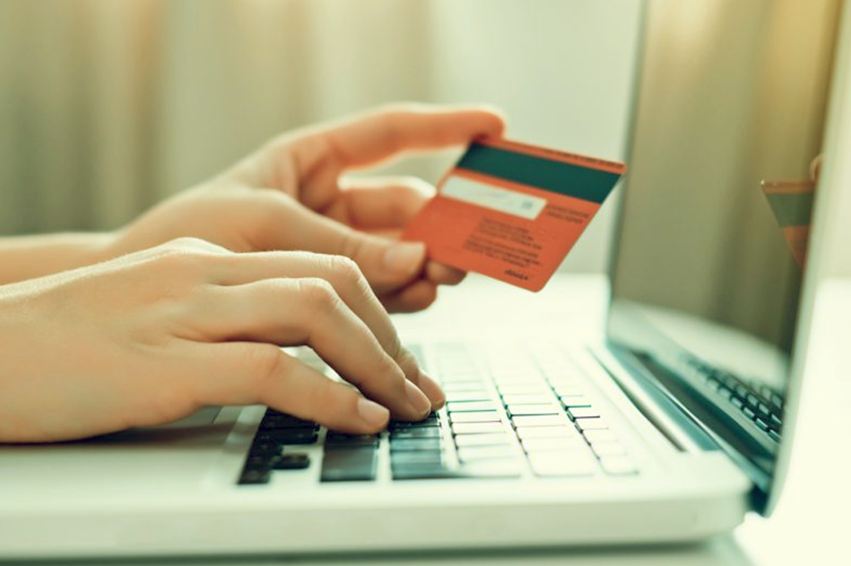Having a credit card may seem like a no-brainer. Still, you should always consider whether it will actually help your finances. But these valuable pieces of plastic can be a boon or a bane, depending on your habits. For example, you should avoid using them to rack up debt, carry a balance, incur interest, or use more than your limit.
But there are also situations when this financial tool comes in handy. You can click here to learn about many benefits of plastic money, but only if you do that responsibly and with great attention. Suppose you plan to get this valuable piece of plastic. In that case, it’s essential to understand the different types and determine your financial situation before applying.
Recurring Payments
Setting up recurring payments on a credit card is a great way to keep your line open and increase your credit score. This way, you can easily manage your expenses, including loan installments, monthly bills, and subscriptions. That will enable paying these expenses on time and thus maintaining a good line of credit. Also, because the process is automated, you won’t forget about any of these payments.
When you sign up for automatic payment on a credit card, you’ll need to enter your bank account details. Once you’ve confirmed the details, you’ll need to sign up for any notifications from the company to be notified of the recurring payment. If you’re unsure whether you’ll be able to make the payments, call customer service and ask them to cancel.
But, it’s important to note that recurring payments can result in a higher interest rate and fees. They also don’t offer a zero-interest introductory period, leading to accidental overuse of your limit. So pay attention to these items in your monthly statement and avoid paying for things you don’t need anymore.
Online Shopping
If you frequently shop online, plastic money will make the process much simpler. Many online retailers will allow you to save payment information for future purchases. It’s important to enter your billing address correctly, or you may have problems making payments. Some cards even come with benefits such as reward points and accumulating discounts, making the experience even better.
Credit cards are a great way to build good ratings and get rewards while tracking your cash flow. Issuing companies get a small amount from every purchase you make using their cards. They charge brands a small fee for every transaction of yours, and the interchange fee goes towards funding reward programs.
The possible downsides of using plastic money for online shopping include the possibility of identity theft and fraud. That’s why you must be particularly careful with leaving your personal and card details. Make sure that websites you visit use encryption to keep your data secured.
You’ve Already Used Credit Cards
Using a credit card can have many advantages. It helps build a solid financial profile and improves your situation, but only when you use it responsibly. As with any other form of credit, you must pay the balance in full each month and make responsible daily decisions.
If you have a ‘history’ of using plastic money without negatively affecting your rating, applying for another one won’t hurt. For example, you can get a new card with a lower interest rate or grace period, which can help you pay off debts and improve your finances in the long run.
Having several financial tools active at the same time can be an extra boost for your rating. Managing different cards successfully indicate good financial standing and practices. That can help you build some healthy spending habits and, at some point, make you an ideal candidate for some type of loan (if you ever need it).
Building Your Credit History

Building Your Credit History
A credit card is an excellent tool for building or rebuilding your credit history. Today, that’s more important than ever. A high credit score can help you obtain a better loan interest rate, qualify for a better apartment rental, and even get hired by some employers. Besides, insurers can use this parameter to set your premiums, so building your rating is important for your future.
It’s possible to establish a solid credit score by making timely payments on card balances and becoming an authorized user. However, this parameter depends on how much you owe compared to your total available limit, so spending close to it can lower your score. So make sure to keep your balances below 20% of your limit.
Also, remember to make your payments on time. Your payment history is the most significant factor in your credit score. So it’s crucial to make your minimum payments on time to avoid late fees and lost promotional interest rates. You can set up autopay options to help you not miss payment dates.
You Already Have Good Credit
Getting a credit card when you have a solid or good high score means opening another line of credit. If you can meet your monthly payments and use your card regularly, that can do wonders for your credit score. As you improve this parameter, you can get better deals. So it’s essential to pay off your debts on time. Also, keep your card utilization ratio under 20% to preserve your good score.
Suppose you already have an excellent score above 700. In that case, you can apply for cards with different incentives, like cashback rewards, welcome bonuses, rewarding points, etc. As long as you use plastic money responsibly, you can make any purchases you want. You can even pay for daily needs and things that you waste, spend, or consume before you repay them, like food.
You decide whether plastic money will be your best friend or enemy. It’s important to control yourself because the money you spend is not yours, and it will cost you to borrow it. So do it only when necessary and when you know that you can return it without any problems.




